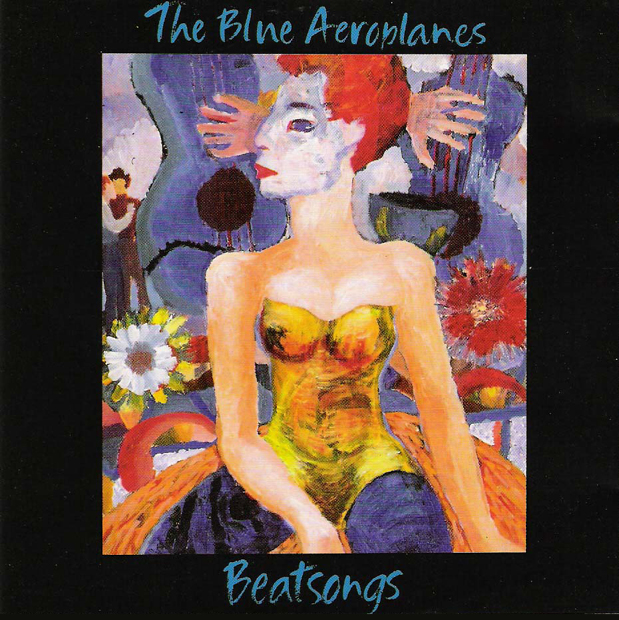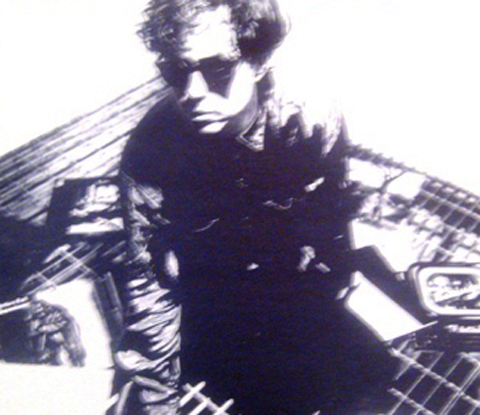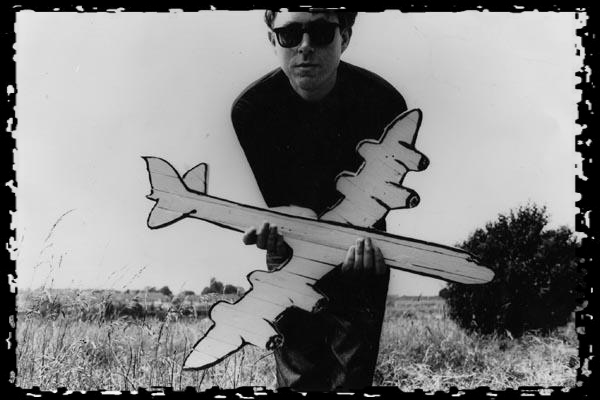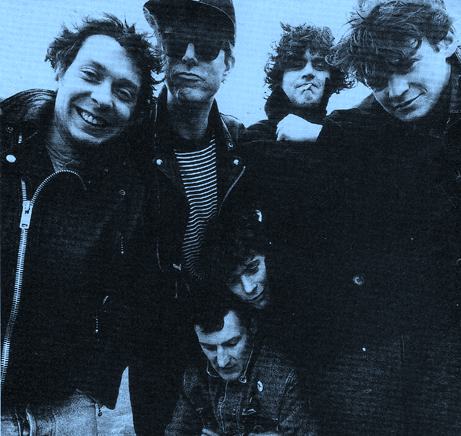
I recently moved. As I was going through papers and such in the process of packing, I came across an old Apex stenographic notebook. Inside it I found my handwritten transcription of an interview I had done on 9/17/91 with Blue Aeroplanes frontman Gerard Langley. The album Beatsongs had been released the month before, so we sat down to discuss it. The local paper it was done for had folded right about that time, so this interview has never seen the light of day. Until now...



